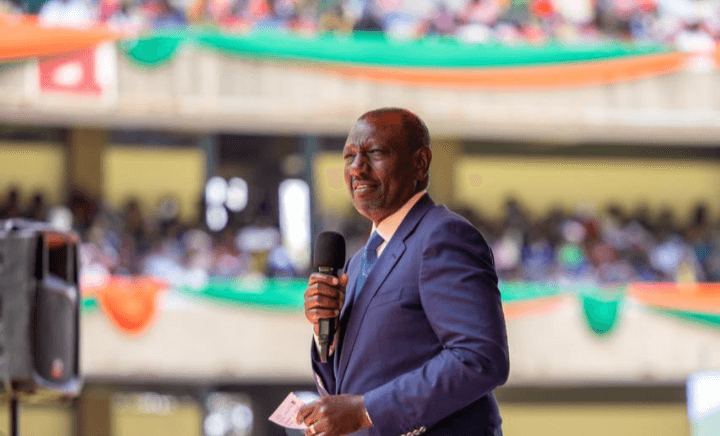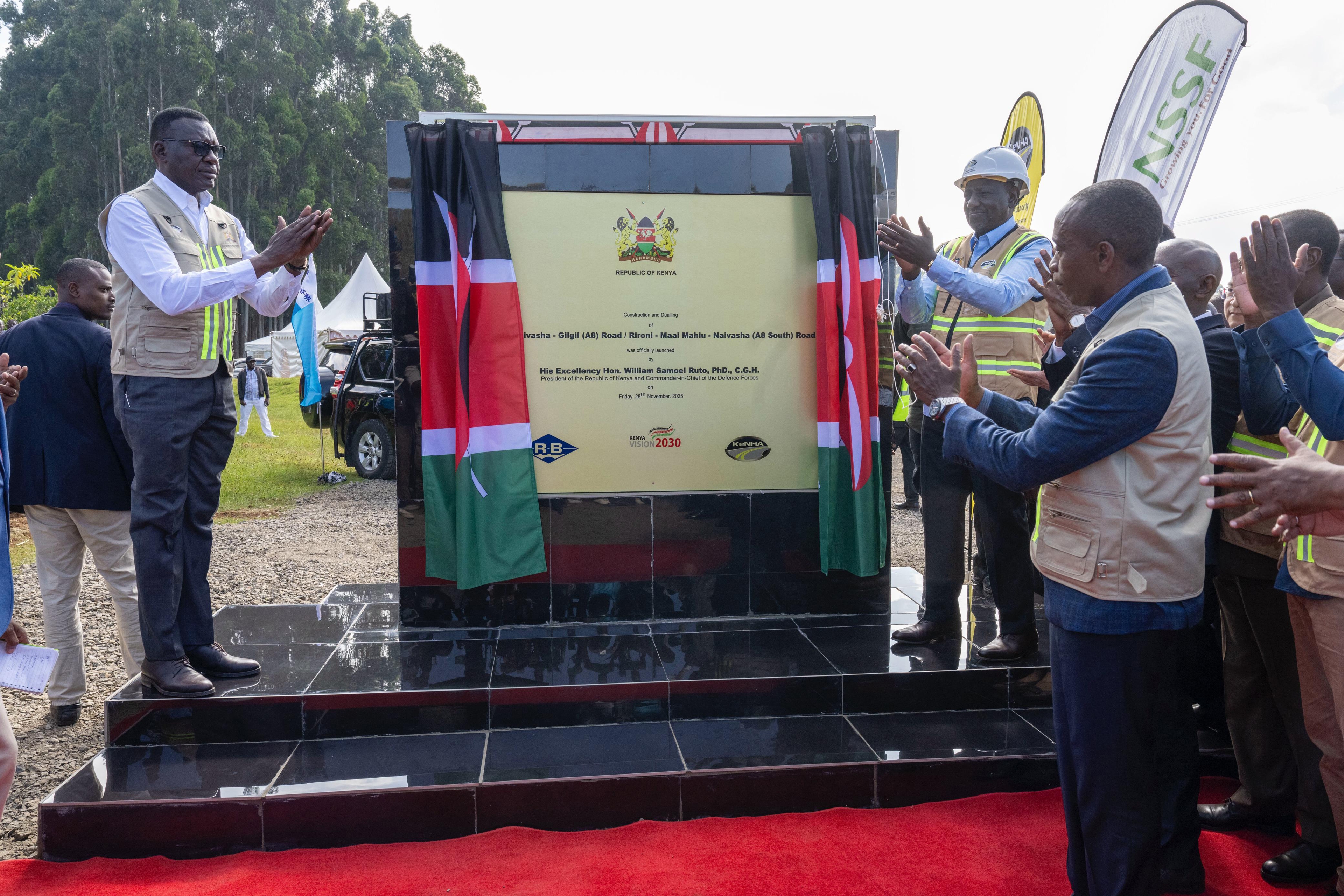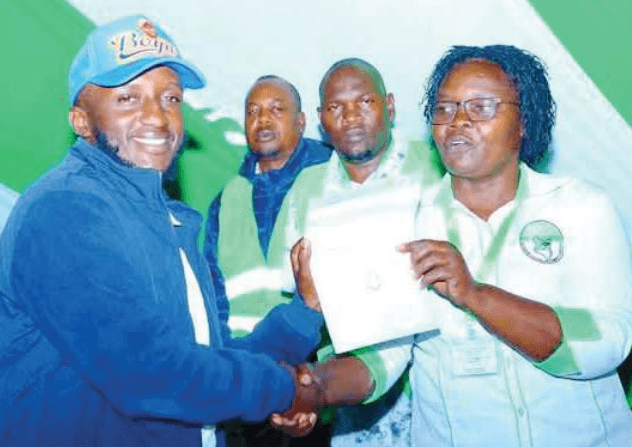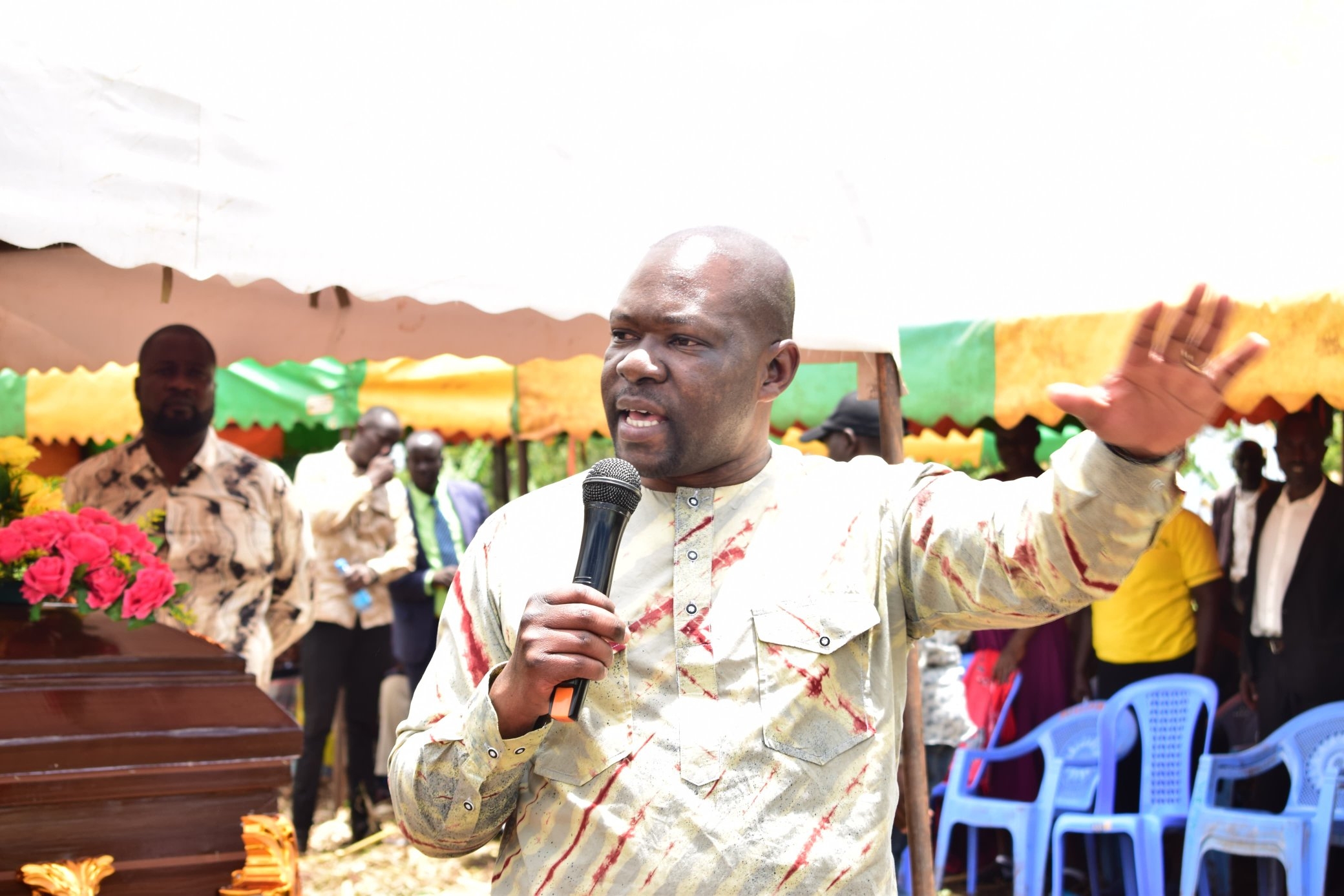Feed and fodder shortage in Kenya and the Greater Horn of Africa region has led to loss of more than 8 million livestock according to African Union Inter-African Bureau for Animal Resources.
It observed that thousands of families have lost their income and livelihoods eroded due to this shortage that has been occasioned by political instabilities in parts of the world and other natural calamities.
The shortage is said to have also driven prices of highly nutritive livestock sourced foods like milk, meat and eggs, making them inaccessible to sections of the population that need them most, AU-IBAR said.
The shortage is attributed to the adverse effects of climate change that has led to unpredictable weather patterns and prolonged drought seasons.
“The situation that has been aggravated by the global COVID-19 pandemic and even more, by the ongoing Russia-Ukraine war,” said the Bureau.
The revelation comes ahead of a high-level workshop in Kenya that seeks to discuss the crisis and come up with ways to mitigate it.
The Bureau’s Resilient African Feed and Fodder Systems five-day consultative workshop kicks off on Monday in Naivasha. It brings together a host of experts led by Nick Nwankpa the Ag Director AU-IBAR.
Kenya shall be represented by Christopher Wanga- the Director of Livestock Policy Research and Regulations, State Department for Livestock in the Ministry of Agriculture.
Others expected to grace the event include representatives from the Bill and Melinda Gates Foundation among them Shannon Mesenhowski.
Mesenhowski is a Senior Program Officer Livestock Team at the Bill and Melinda Gates Foundation.
The foundation is collaborating with AU-IBAR, in an action evidence driven short term solution to build resilience and address the adverse effects of crises on African feed and fodder systems.
“This evidence base is critical to shaping coordinated action to respond to feed and fodder shortages that have led to huge losses of livestock,” the bureau said.
Many farmers in Kenya have resulted in feeding their livestock with low quality feeds which has resulted in reduced animal productivity.
With unpredictable weather patterns due to climate change, farmers who prefer to grow maize have ended up with low quality and quantity feed due to crop failure.
According to AU-IBAR, feed constitutes 60-70 percent of the total cost of animal production.
The workshop seeks to come up with sustainable measures that will ensure “business continuity and sustainable livelihoods.”
In 2022 alone, the United Nations Officer for the Coordination of Humanitarian Efforts said Kenya lost more than 1.5 million livestock due to drought.
The drought exposed more than 4 million people to hunger.












![[PHOTOS] Ruto launches Rironi-Mau Summit road](/_next/image?url=https%3A%2F%2Fcdn.radioafrica.digital%2Fimage%2F2025%2F11%2F6f6601a6-9bec-4bfc-932e-635b7982daf2.jpg&w=3840&q=100)


